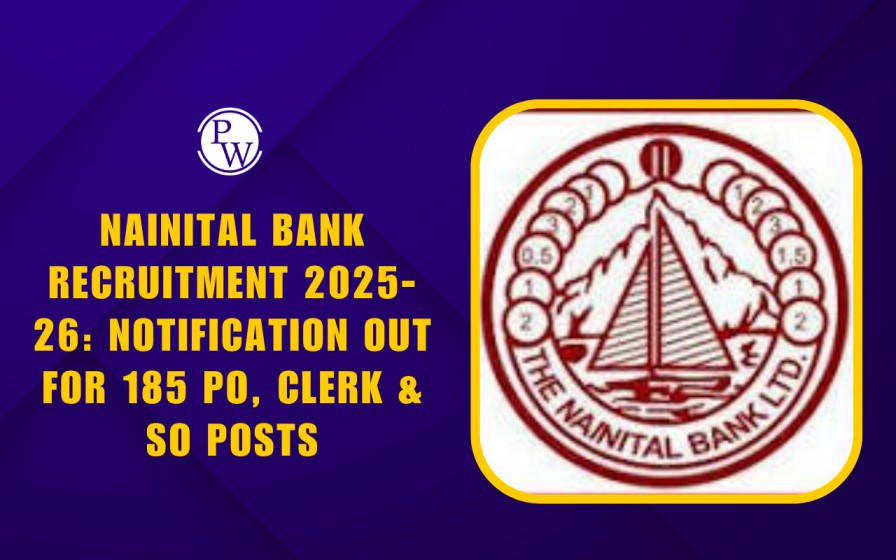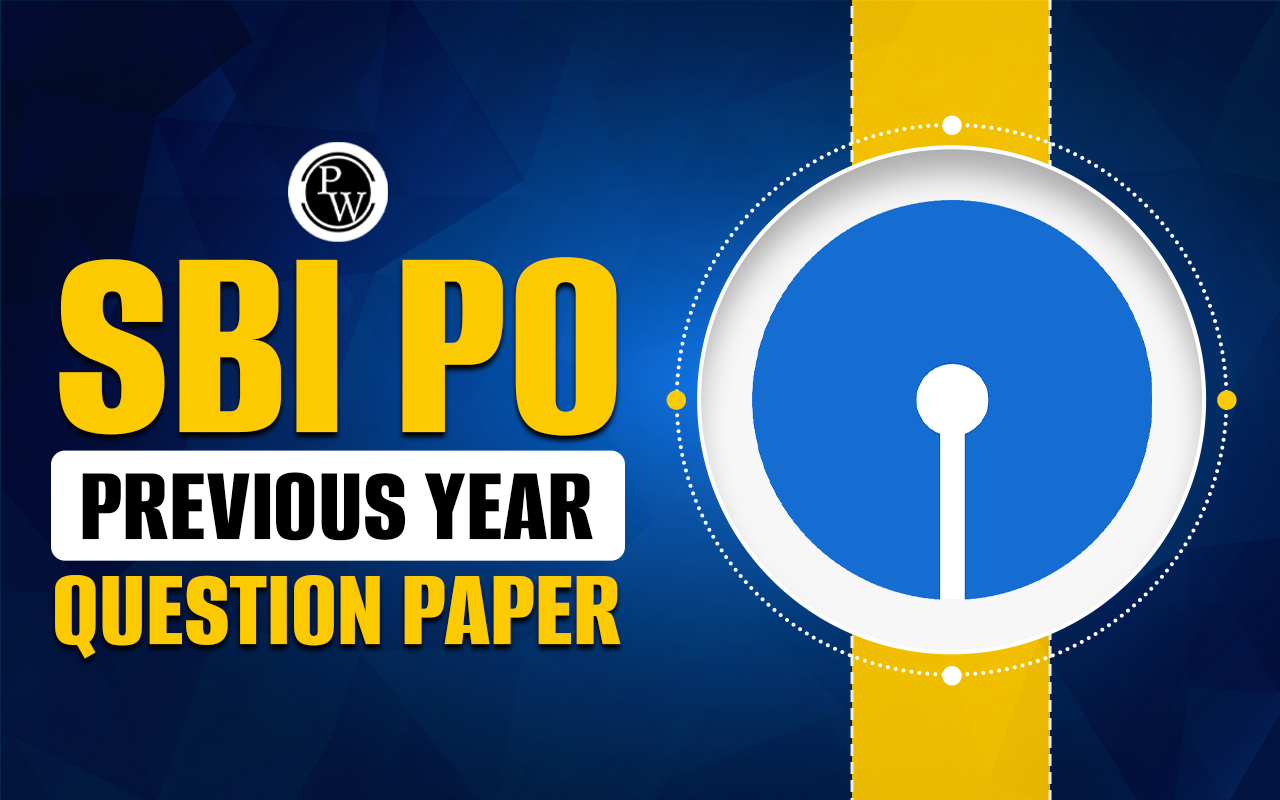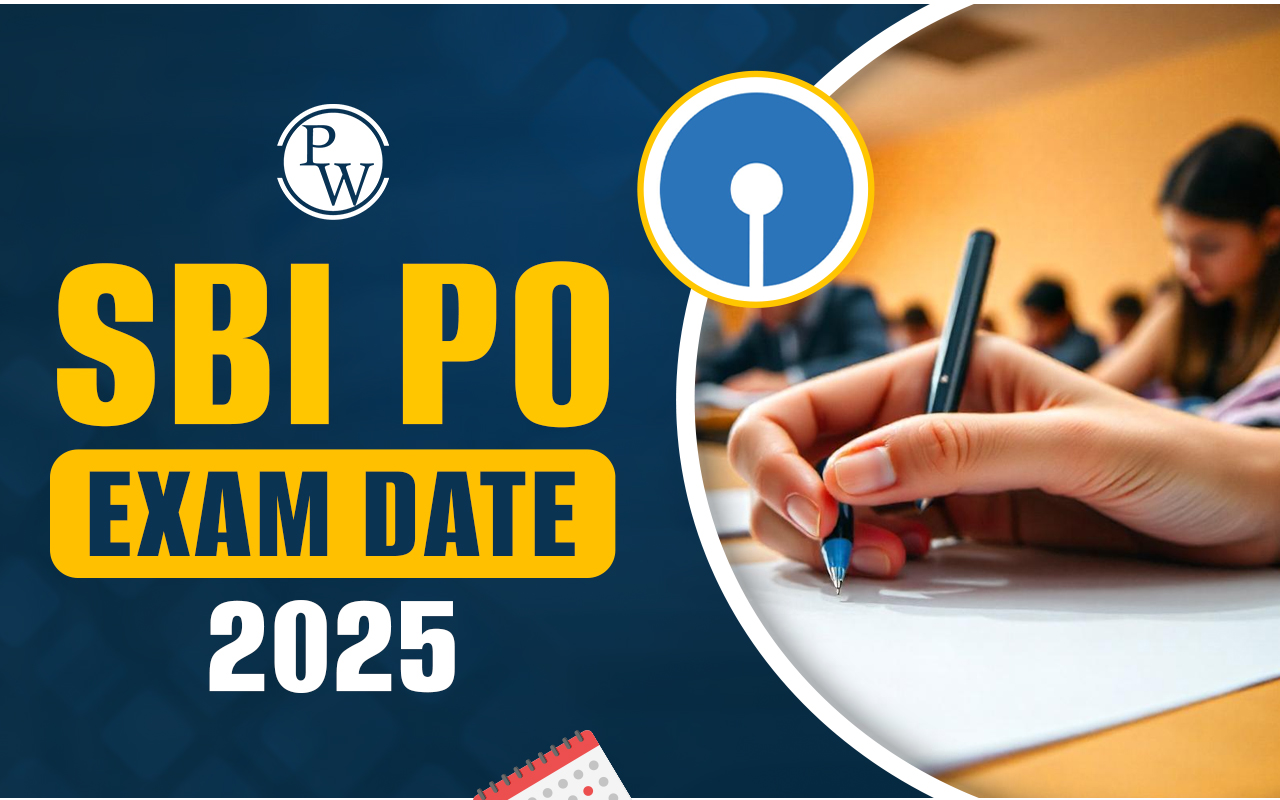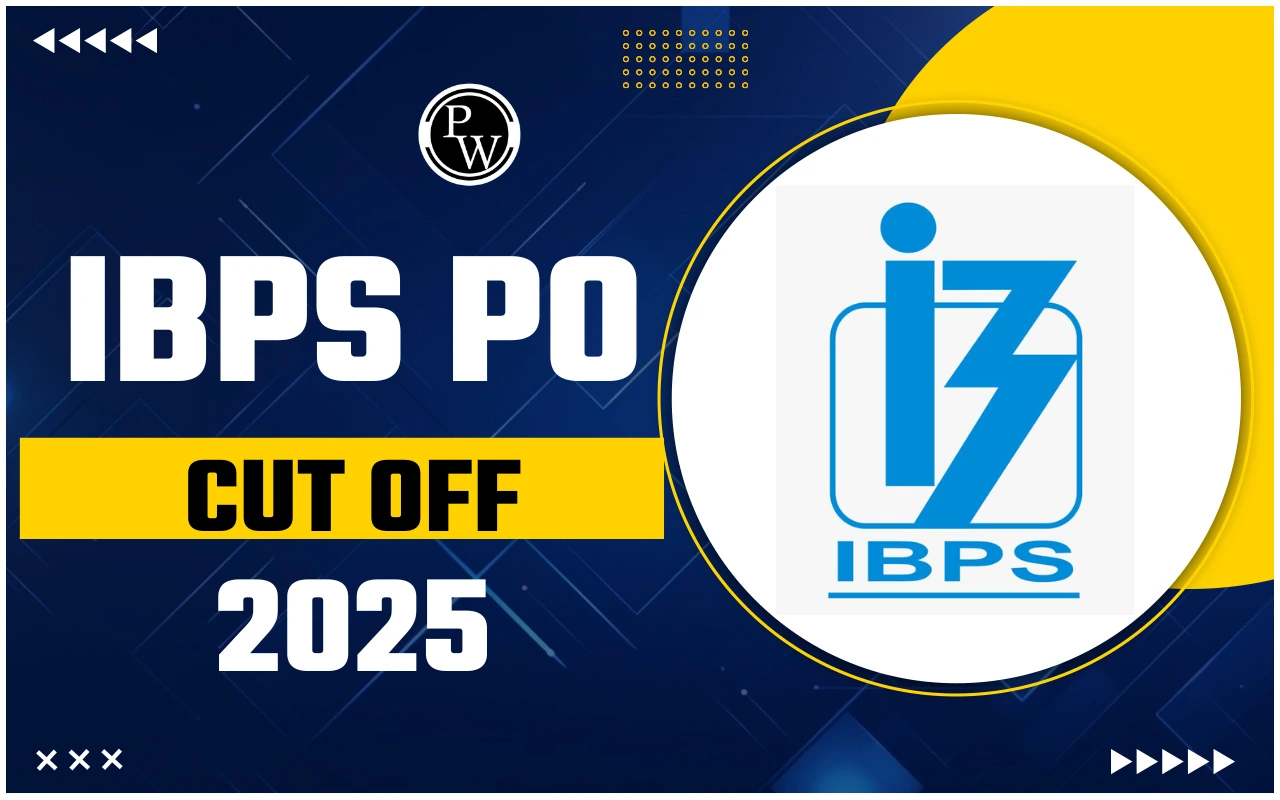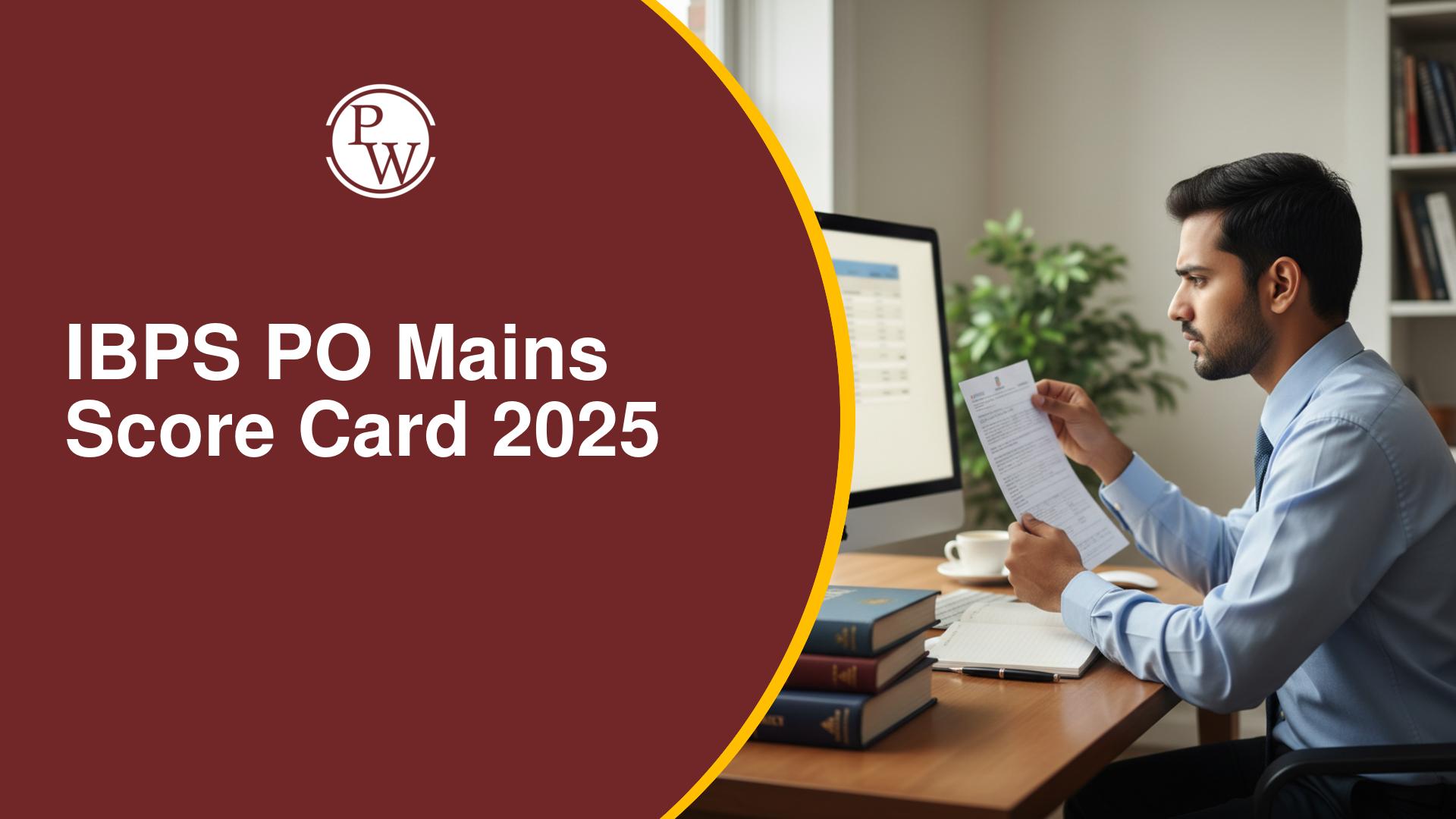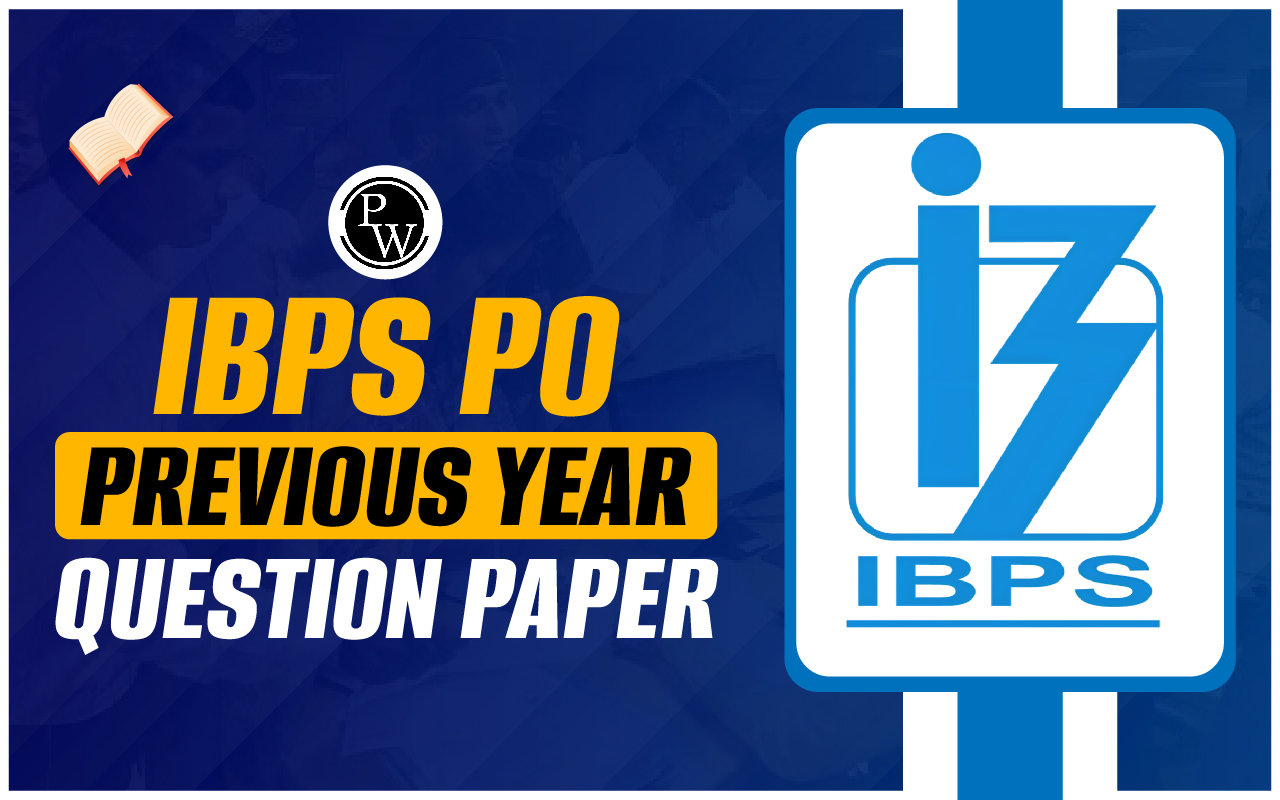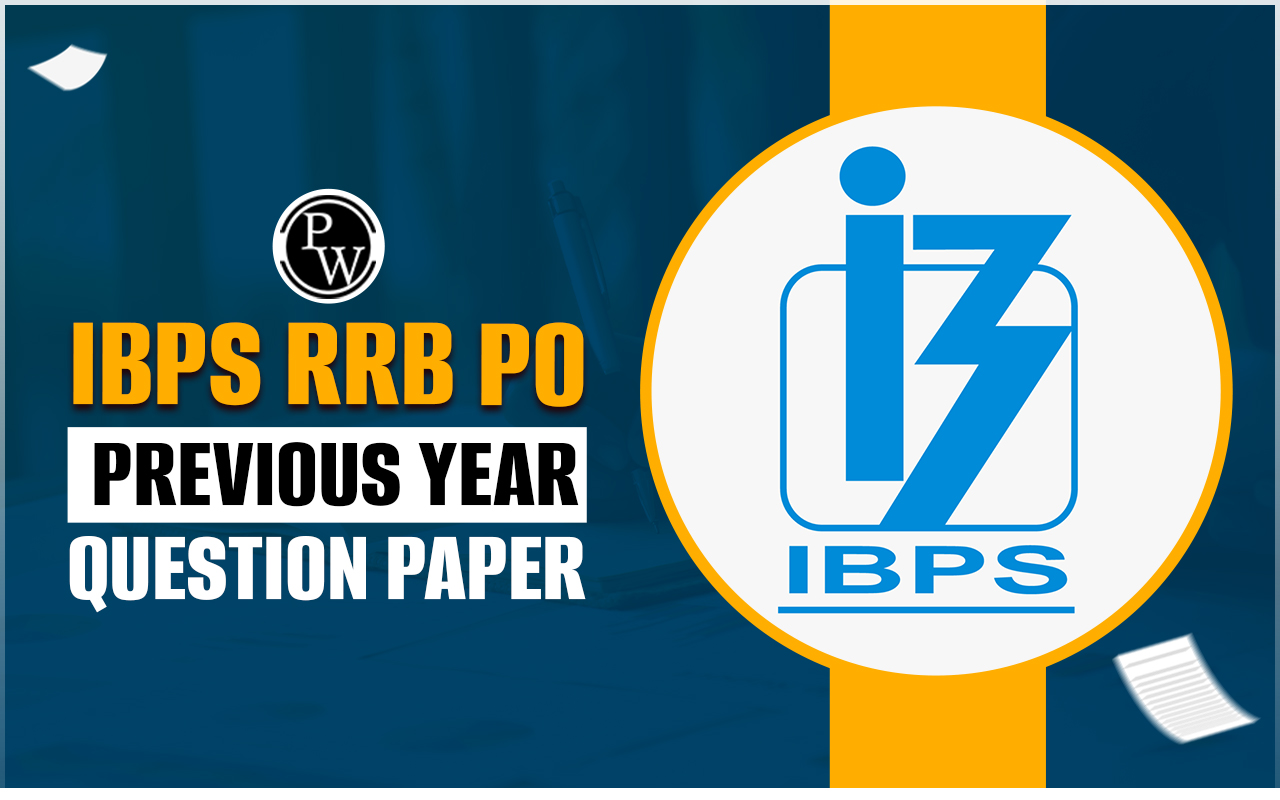
DBF Syllabus 2024: Diploma in Banking and Finance is a one-year course that students opt for after completing their 10+2 degree or after completing a commerce or related stream. This Diploma program provides in-depth coverage of various aspects of banking and finance, including investments, insurance, financial management, banking, and risk management.
The Diploma in Banking and Finance course aims to provide a comprehensive understanding of the dynamic changes in the financial and banking sector, including strategies for managing financial crises and the reasons for bank bailouts around the world. The comprehensive details of the DBF Syllabus 2024 and Exam Pattern is provided here.DBF Syllabus 2024
IIBF DBF Syllabus 2024 is a detailed course designed to help people who want to work in banking and finance. It teaches important ideas about banking, finance, risk management and compliance. Candidates who want to appear for this exam must keep themselves updated with the revised syllabus published by IIBF. The Diploma in Banking and Finance curriculum combines theoretical and practical components, incorporating presentations and case studies to promote the development of cognitive, interpersonal, and critical skills essential for a successful career in banking and finance.DBF Syllabus 2024 Overview
The Diploma in Banking and Finance curriculum covers both domestic and international banking, providing students with insights into market dynamics within an economy and the financial credibility across the country. We have tabulated below the semester-wise overview of the DBF Syllabus 2024.
| DBF Syllabus 2024 Overview | |
| Semester I Subjects Diploma in Banking & Finance | Semester II Subjects Diploma in Banking & Finance |
|---|---|
| Banking Environment & Operations | Banking Products & Services |
| Organizational Behavior | Taxation |
| Practices & Principles of Banking | Mutual Fund Agent |
| Banking Law & Practice | Business Communication and Etiquette |
| Retail Banking | Strategies for Banking Risk and Marketing Management |
DBF Syllabus 2024 Video Link
A Diploma in Banking and Finance program has two semesters with a semester-based examination. Diploma students in banking and finance also learn financial advisory methods and techniques as part of their studies. The curriculum for the degree in Banking and Finance covers issues such as principles of banking, banking practices, legal aspects of banking, bankers' finances, retail banking, marketing of financial services, commercial law, taxation, organizational behavior and corporate social responsibility. Here we have shared the DBF Syllabus 2024 Video Link in which our PW faculty experts have provided the detailed view. https://www.youtube.com/live/lI3Qu8TgB2k?si=Ca7otuunGqWWIEhvDiploma in Banking and Finance Syllabus 2024
The DBF Exam 2024 consists of four modules for each subject. All modules consist of different units. To give you a better idea of the candidates, we have mentioned the detailed syllabus for each subject below.PAPER-1 INDIAN ECONOMY & INDIAN FINANCIAL SYSTEM SYLLABUS
| Module | Name | Units |
| Module A | INDIAN ECONOMIC ARCHITECTURE | An Overview of the Indian Economy Economic Planning in India Sectors of the Indian Economy Role of Priority Sector and MSME in the Indian Economy Infrastructure including Social Infrastructure Globalization – Impact on India Economic Reforms Foreign Trade Policy, Foreign Investments, and Economic Development International Economic Organizations (World Bank, IMF, etc.) Climate change, Sustainable Development Goals (SDGs) Issues facing Indian Economy |
| Module B | ECONOMIC CONCEPTS RELATED TO BANKING | Fundamentals of Economics, Microeconomics, Macroeconomics, and Types of Economies Supply and Demand Money Supply and Inflation Theories of Interest Business Cycles Monetary Policy and Fiscal Policy National Income and GDP Concepts Union Budget |
| Module C | INDIAN FINANCIAL ARCHITECTURE | Indian Financial System – An Overview Indian Banking Structure Banking Regulation Act, 1949, and RBI Act, 1934 Development Financial Institutions Micro Finance Institutions Non-Banking Financial Companies Insurance Companies Indian Financial System – Regulators & their roles Reforms & Developments in the Banking Sector |
| Module D | FINANCIAL PRODUCTS AND SERVICES | Overview of Financial Markets Money Markets and Capital Markets Fixed Income Markets – Debt / Bond Markets Capital Markets and Stock Exchanges Forex Markets Interconnection of various markets/Market Dynamics Merchant Banking Services Derivatives Market including Credit Default Swaps Factoring, forfeiting & Trade Receivables Discounting System (TReDS) Venture capital Leasing and Hire Purchase Credit Rating agencies & their functions Mutual Funds Insurance Products Pension Funds (include APY, NPS) Guidelines on Para Banking & Financial Services provided by Banks Real Estate Investment Funds / Infrastructure Investment Fund (concept) |
PAPER II – PRINCIPLES & PRACTICES OF BANKING SYLLABUS
| Module | Name | Units |
| Module A | GENERAL BANKING OPERATIONS | Banker-Customer Relationship AML-KYC Guidelines Operational Aspects of KYC Opening Accounts of Various Types of Customers Operational Aspects of Deposit Accounts Operational Aspects of Handling Clearing/Collection/Cash Banker’s Special Relationship Foreign Exchange Remittance Facilities for Individuals Operational Aspects of NRI Business Foreign Currency Accounts for Residents and Other Aspects Cash Management Services and Its Importance Payment and Collection of Cheques and Other Negotiable Instruments Responsibility of Paying Bank Responsibility of Collecting Bank Ancillary Services Financial Inclusion & Financial Literacy Customer Service Guidelines Duties & Rights of a Banker and Customer Rights Grievance Redressal & RBI Integrated Ombudsman Scheme 2021 The Consumer Protection Act, 2019: Preamble, Extent and Definitions The Right to Information Act, 2005 |
| Module B | FUNCTIONS OF BANKS | Principles of Lending, Different Types of Borrowers, and Types of Credit Facilities Appraisal and Assessment of Credit Facilities Operational Aspects of Loan Accounts Types of Collaterals and Their Characteristics Different Modes of Charging Securities Documentation Non-Performing Assets/ Stressed Assets Important Laws Relating to Recovery Of Dues Contracts of Indemnity Contracts of Guarantee & Bank Guarantee Letters of Credit Deferred Payment Guarantee Laws Relating to Bill Finance Credit Cards, Home Loans, Personal Loans, Consumer Loans Priority Sector Advances Agricultural Finance Finance to MFIs/Co-Lending Arrangements with NBFCs Micro, Small and Medium Enterprises in India Government Sponsored Schemes Self-Help Groups |
| Module C | BANKING TECHNOLOGY | Essentials of Bank Computerisation Operational Aspects of the CBS Environment Alternate Delivery Channels – Digital Banking Data Communication Network and EFT Systems Digital Payment Systems – NPCI Impact of Technology Adoption and Trends in Banking Technology Security Considerations and Mitigation Measures in Banks Operational Aspects of Cyber Crimes/Fraud Risk Management in Cyber Tech Technology trends in Banking, e-RUPI, Fintech – RegTech, SupTech, Hashtag banking etc. |
| Module D | ETHICS IN BANKS AND FINANCIAL INSTITUTIONS | Ethics, Business Ethics & Banking: An Integrated Perspective Ethics at the Individual Level Ethical Dimensions: Employees Work Ethics and the Workplace Banking Ethics: Changing Dynamics |
PAPER III – ACCOUNTING & FINANCIAL MANAGEMENT FOR BANKERS SYLLABUS
| Module | Name | Units |
| Module A | ACCOUNTING PRINCIPLES AND PROCESSES | Definition, Scope, and Accounting Standards including Ind AS Basic Accountancy Procedures Maintenance of Cash/Subsidiary Books and Ledger Bank Reconciliation Statement Trial Balance, Rectification of Errors, and Adjusting & Closing Entries Depreciation & its Accounting Capital and Revenue Expenditure Bills of Exchange Operational Aspects of Accounting Entries Back Office Functions/Handling Unreconciled Entries in Banks Bank Audit & Inspection |
| Module B | FINANCIAL STATEMENTS AND CORE BANKING SYSTEMS | Balance Sheet Equation Preparation of Final Accounts Company Accounts – I Company Accounts – II Cash Flow & Funds Flow Final Accounts of Banking Companies Core Banking Systems & Accounting in a Computerised Environment |
| Module C | FINANCIAL MANAGEMENT | An Overview of Financial Management Ratio Analysis Financial Mathematics – Calculation of Interest & Annuities Financial Mathematics – Calculation of YTM Financial Mathematics – Forex Arithmetic Capital Structure and Cost of Capital Capital Investment Decisions/Term Loans Equipment Leasing/Lease Financing Working Capital Management Derivatives |
| Module D | TAXATION AND FUNDAMENTALS OF COSTING | Taxation: Income Tax/TDS/Deferred Tax Goods & Services Tax An Overview of Cost & Management Accounting Costing Methods Standard Costing Marginal Costing Budgets and Budgetary Control |
PAPER IV – RETAIL BANKING & WEALTH MANAGEMENT SYLLABUS
| Module | Name | Units |
| Module A | Retail Banking | Retail Banking: Introduction Retail Banking: Role within the Bank Operations Applicability of Retail Banking Concepts and Distinction between Retail and Corporate/Wholesale Banking Branch Profitability |
| Module B | Retail Products and Recovery | Customer Requirements Product Development Process Credit Scoring Important Retail Liability Products Important Retail Asset Products Credit and Debit Cards Remittance Products Digitisation of Retail Banking Products Role of AI and Technology in Retail Banking Recovery of Retail Loans Management Information Systems Securitization |
| Module C | Support Services – Marketing of Banking Services/Products | Marketing – An Introduction Delivery Channels in Retail Banking Delivery Models Customer Relationship Management in Retail Banking Service Standards for Retail Banking Marketing Information Systems- A Longitudinal Analysis |
| Module D | Wealth Management | Importance of Wealth Management Investment Management Tax Planning Other Financial Services Provided by Banks |
DBF Exam Pattern 2024
The DBF question paper contains around 100 objective multiple-choice questions of 100 marks. However, the IIBF may vary the number of questions related to the subject.- DBF Exam 2024 will be conducted online only.
- Incorrect answers will not be marked.
- The Diploma in Banking and Finance exam will be held in English only.
- The duration of the exam is 2 hours.
- A separate paper is prepared for each subject of the exam.
- Indian Economy & Indian Financial System
- Principles & Practices of Banking
- Accounting & Financial Management for Bankers
- Retail Banking & Wealth Management
| DBF Exam Related links | |
| What is DBF? Diploma in Banking and Finance | DBF Syllabus 2024 |
| DBF Eligibility Criteria 2024 | DBF Exam Date 2024 |
| Diploma in Banking and Finance 2024 | DBF Salary 2024 |
DBF Syllabus 2024 FAQs
Q1. Where can I get the detailed DBF Syllabus 2024?
Ans. We have provided the comprehensive and detailed DBF Syllabus 2024 along with the exam pattern in the blog.
Q2. How many papers are there in DBF Exam 2024?
Ans. In the DBF Exam 2024 there are 4 papers namely-
Indian Economy & Indian Financial System
Principles & Practices of Banking
Accounting & Financial Management for Bankers
Retail Banking & Wealth Management
Q3. What is DBF?
Ans. Diploma in Banking and Finance is a one-year course that students opt for after completing their 10+2 degree or after completing a commerce or related stream. This Diploma program provides in-depth coverage of various aspects of banking and finance, including investments, insurance, financial management, banking and risk management.
Q4.Will there be negative markings for the wrong answers in the DBF Exam?
Ans. No, there will be no negative marking for the wrong answers in the DBF Exam 2024.
Talk to a counsellorHave doubts? Our support team will be happy to assist you!

Free Learning Resources
PW Books
Notes (Class 10-12)
PW Study Materials
Notes (Class 6-9)
Ncert Solutions
Govt Exams
Class 6th to 12th Online Courses
Govt Job Exams Courses
UPSC Coaching
Defence Exam Coaching
Gate Exam Coaching
Other Exams
Know about Physics Wallah
Physics Wallah is an Indian edtech platform that provides accessible & comprehensive learning experiences to students from Class 6th to postgraduate level. We also provide extensive NCERT solutions, sample paper, NEET, JEE Mains, BITSAT previous year papers & more such resources to students. Physics Wallah also caters to over 3.5 million registered students and over 78 lakh+ Youtube subscribers with 4.8 rating on its app.
We Stand Out because
We provide students with intensive courses with India’s qualified & experienced faculties & mentors. PW strives to make the learning experience comprehensive and accessible for students of all sections of society. We believe in empowering every single student who couldn't dream of a good career in engineering and medical field earlier.
Our Key Focus Areas
Physics Wallah's main focus is to make the learning experience as economical as possible for all students. With our affordable courses like Lakshya, Udaan and Arjuna and many others, we have been able to provide a platform for lakhs of aspirants. From providing Chemistry, Maths, Physics formula to giving e-books of eminent authors like RD Sharma, RS Aggarwal and Lakhmir Singh, PW focuses on every single student's need for preparation.
What Makes Us Different
Physics Wallah strives to develop a comprehensive pedagogical structure for students, where they get a state-of-the-art learning experience with study material and resources. Apart from catering students preparing for JEE Mains and NEET, PW also provides study material for each state board like Uttar Pradesh, Bihar, and others
Copyright © 2025 Physicswallah Limited All rights reserved.
Get App

